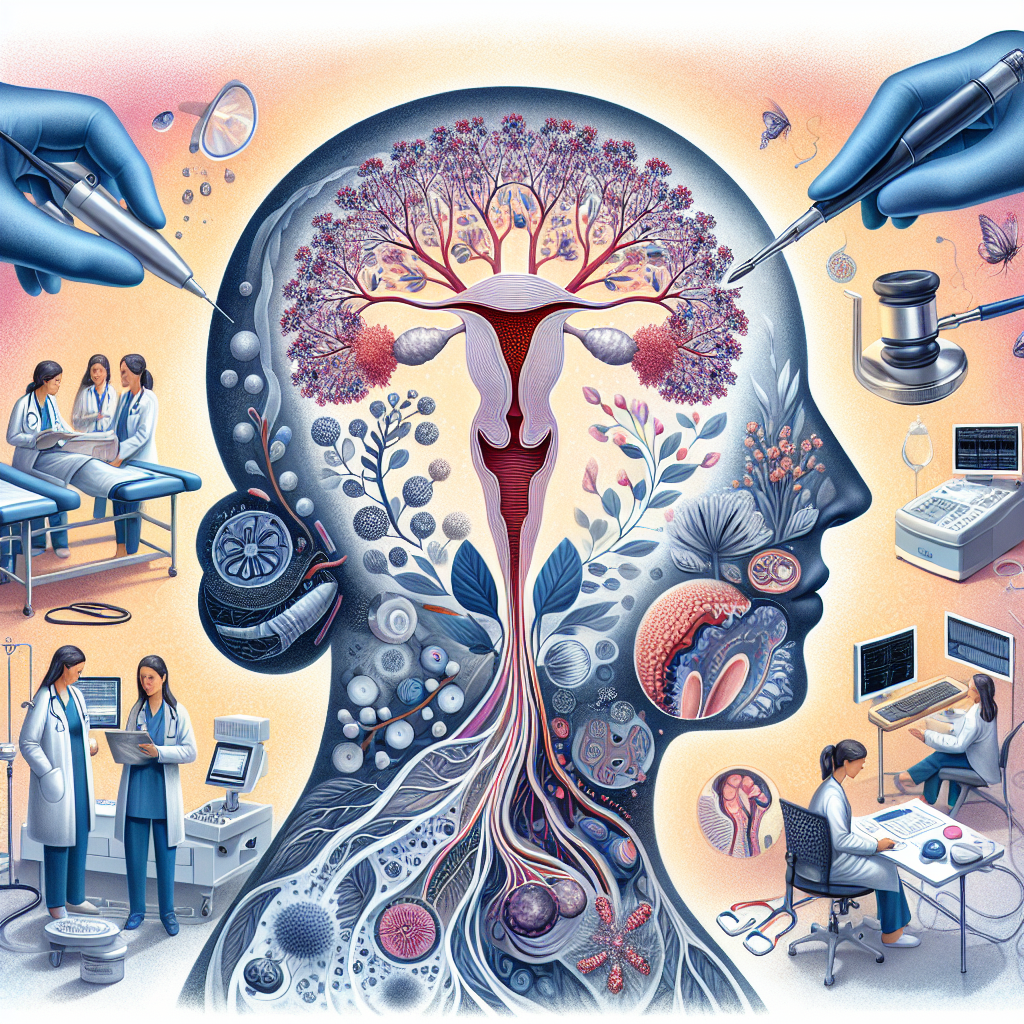Child Development: A Complete Guide to the Essential Stages
Introduction
From the first smiles to the first steps, the child's development is a fascinating journey full of essential stages that sculpt his personality and abilities. As a parent, you witness countless magical moments, but also challenges that test your understanding and patience. This comprehensive guide is structured to give you a clear view of your child's development, strengthening the unique bond between you and helping you navigate the various stages of development with confidence and solid knowledge.
Stages of Child Development
From Birth to 3 Months
This is the period of adaptation to the outside world. The child learns to coordinate his reflexes and begins to develop his senses. Watch as he begins to recognize faces and follow objects with his eyes. Also, social smiling, which is a response to interaction with adults, appears around 6-8 weeks.
From 4 to 6 months
During these months, your baby will start to control his movements better. A lot happens in this phase: from belly bran to holding objects in hands. They vocalize different sounds and syllables, and may begin to make sounds similar to "mummy" or "daddy".
From 7 to 9 Monday
Interaction becomes the key of this period. The child's ability to gesture, to rise on the bottom or to stand with support, develops rapidly. Get ready to hear the first words understood as he expands his babble vocabulary.
From 10 to 12 months
Towards the end of the first year, most children learn to walk with help or even on their own. They also start to enjoy doing and undoing games, showing that they understand cause and effect. This is a good time to start reading him stories to help him understand more complex language.
From 1 to 3 Years
Toddlerhood is full of new skills and independence. You will notice a rapid increase in vocabulary, an interest in playing with other children and a desire for self-feeding. At this stage, abstract concepts such as time and feelings begin to be understood.
From 3 to 5 years
Early childhood brings with it a burst of creativity. Your child will start to think logically and create original stories, develop fine motor skills while learning to write and draw. It is also the age when true friendships begin to form.
From 5 Years Up
Developmental milestones are now becoming less about physical skills and more about socio-emotional and cognitive ones. There will be major transitions like starting school, understanding rules, and developing empathy. Now it's essential to keep communication open and encourage his curiosity.
The Importance of the Role of Parents
What Parents Can Do to Encourage Development
As a parent, you have a crucial role in supporting your child's development. Always be present and responsive to his needs, providing a safe and stimulating environment. It's important to encourage him to explore and set clear and consistent boundaries. Also, don't neglect the importance of playing and reading together.
Development Challenges and How You Can Address Them
Obstacles can also appear on the road to development. Whether it's speech delays or difficulty adjusting to school, it's essential to approach these situations with patience and seek professional help if needed.
Conclusion
Your child's development is a unique journey with moments of joy and challenges. By understanding the essential stages and actively supporting his development, you will give your child the solid foundation he needs to grow into a complete and balanced person. Remember, every child is unique and develops at their own pace – celebrate every little success and don't get lost in comparisons. At the end of the day, the most important thing is the unconditional love and support you give.














































































































































